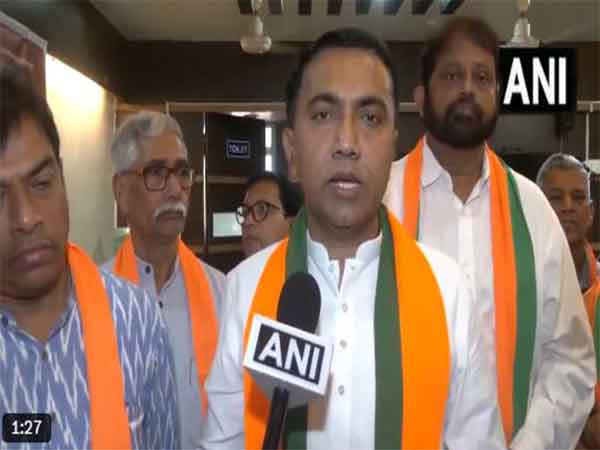Lifting COVID-19 restrictions too quickly can be disastrous for those not vaccinated: WHO Chief
Jun 07, 2021

Geneva [Swizerland], June 7 : World Health Organisation (WHO) Director-General Tedros Adhanom Ghebreyesus on Monday said with the increased global transmission of variants of concern including the Delta variant, lifting restrictions too quickly could be disastrous for those who are not vaccinated.
Speaking at the press briefing on COVID-19, Tedros said that the number of COVID-19 deaths reported last week increased in three out of WHO's six regions, Africa, the Americas and the Western Pacific.
"We see a two-track pandemic, many countries still face an extremely dangerous situation, while some of those with the highest vaccination rates are starting to talk about ending restrictions," he said.
Six months since the first vaccines were administered, high-income countries have administered almost 44 per cent of the world's doses. Low-income countries have administered just 0.4 per cent, Tedros said, adding that the most frustrating thing about this statistic is that it hasn't changed in months.
At the World Health Assembly, Tedros also called for a massive global effort to vaccinate at least 10 per cent of the population of all countries by September, and at least 30 per cent by the end of the year.
As this weekend, the leaders of G7 countries will meet for their annual summit, Tedros said "These seven nations have the power to meet these targets. I am calling on the G7 not just to commit to sharing doses, but to commit to sharing them in June and July."
"I also call on all manufacturers to give COVAX first right of refusal on new volume of vaccines, or to commit 50 per cent of their volumes to COVAX this year," he added.
Tedros also called on companies whose vaccines rely on mRNA technology to share their knowledge with the WHO's COVID-19 Technology Access Pool.
"We continue to call on companies with mRNA technology to share it through the COVID-19 Technology Access Pool - the result can be a win-win for both the owner of the know-how as well as for public health," he said.



















